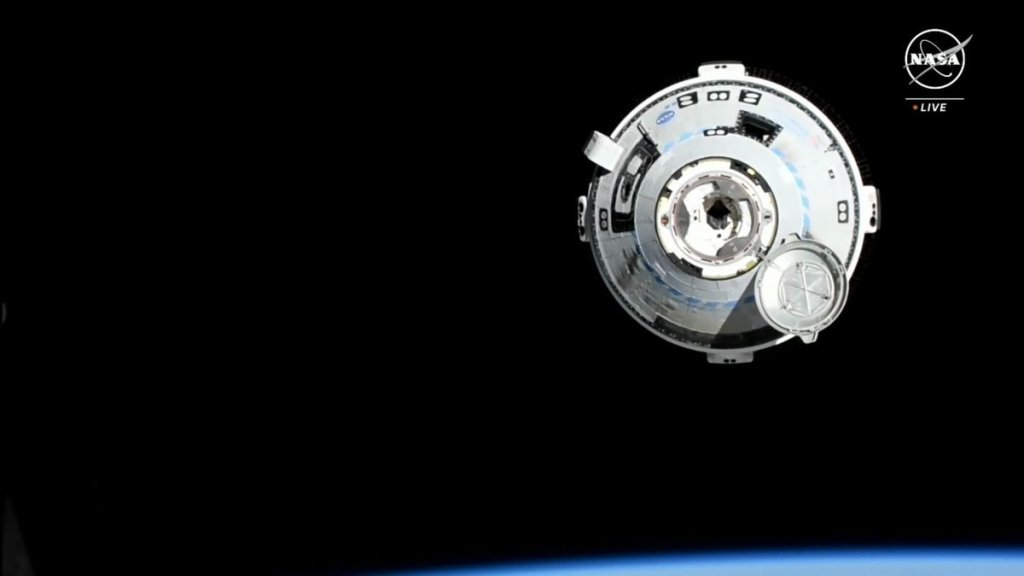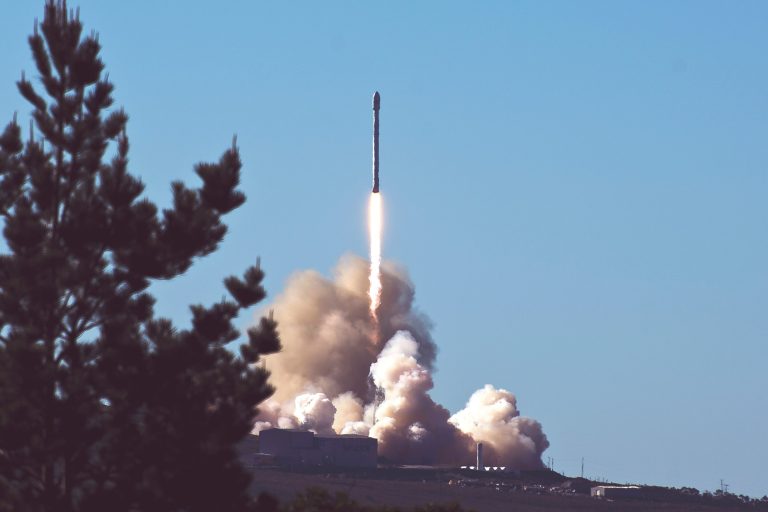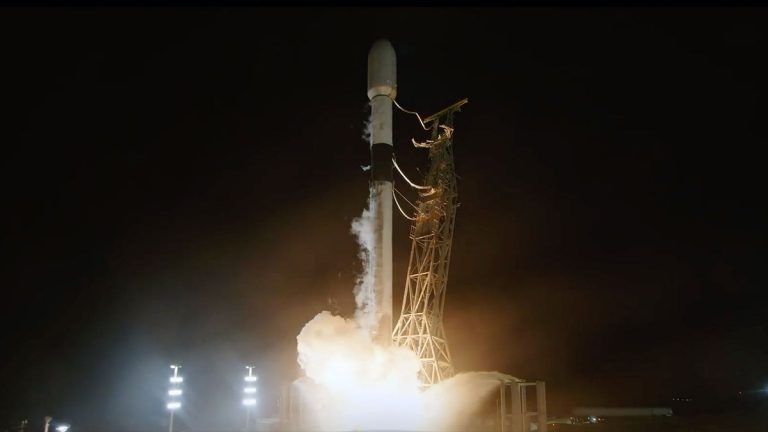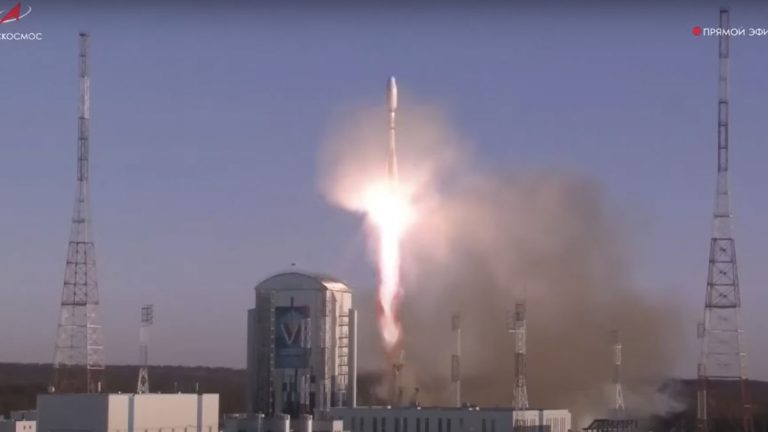
Boeing’s 1st Starliner astronaut mission return delayed to June 22 (Image Credit: Space.com)
Boeing’s first crewed Starliner mission, that ferried astronauts to the International Space Station, will need to wait a little longer before returning its crew to Earth.
On June 5, the Crew Flight Test (CFT) for Boeing’s Starliner spacecraft launched with NASA astronauts Butch Wilmore and Suni Williams on board; the spacecraft docked at the International Space Station (ISS) the next day. The mission’s objective was to complete a full on-orbit shakedown of the spacecraft, and it was originally set to last about a week. Now, the pair won’t return home until June 22, at the earliest.
“We are continuing to understand the capabilities of Starliner to prepare for the long-term goal of having it perform a six-month docked mission at the space station,” Steve Stich, manager of NASA’s Commercial Crew Program, said in a mission blog post. In the interim, CFT crew members Wilmore and Williams will perform additional checks on Starliner, including a “hot-fire” test of seven of the spacecraft’s eight aft thrusters and a review of hatch operations. They will also perform “safe haven” drills that will help them prepare the capsule in case of an emergency.
“We have an incredible opportunity to spend more time at station and perform more tests which provides invaluable data unique to our position,” Mark Nappi, vice president and program manager for Boeing’s Commercial Crew Program, said in the blog update. The CFT mission was designed with a possible delay in mind, and Nappi said NASA and Boeing teams “have plenty of margin and time on station to maximize the opportunity for all partners to learn.”
Related: NASA calls off spacewalk at International Space Station due to ‘spacesuit discomfort’
This is the second delay in Starliner’s scheduled return date. The first was announced June 9, which is what pushed Wilmore and Williams’ return to June 18 in the first place; the reason behind that delay was ISS residents required more time to prepare for and perform an extravehicular activity (EVA) originally planned for June 13. That EVA was canceled, however, due to “spacesuit discomfort” about an hour before NASA astronauts Tracy Dyson and Matt Dominick were set to egress the station.
Now, Wilmore and Williams will spend an extra four days aboard the space station, bringing their total stay to just over two weeks. NASA did not immediately outline a direct reason for the most recent delay, but has scheduled a press briefing for Tuesday, June 18, to elaborate further the new departure date, and to review weather conditions for the June 22 landing target.








